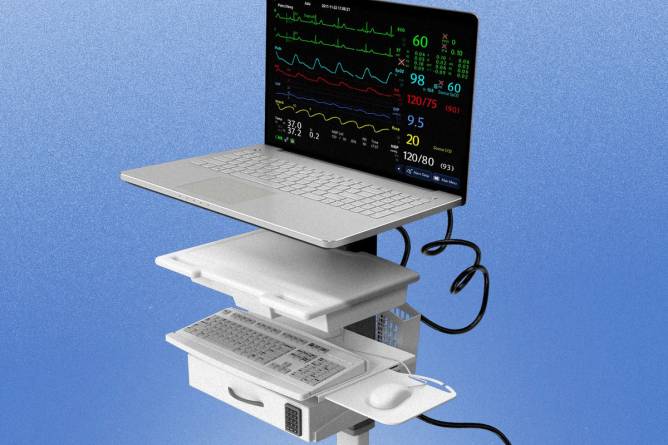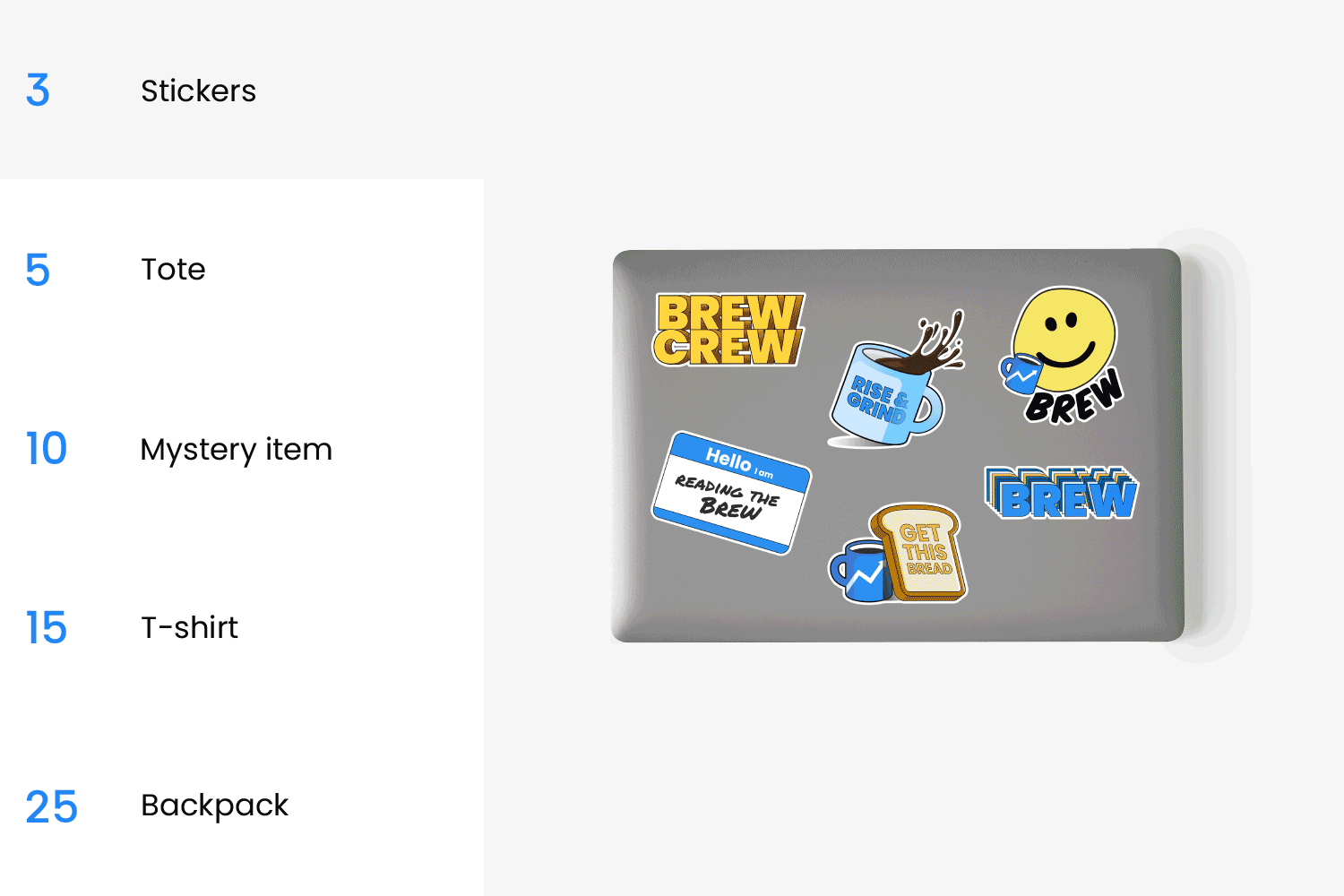|
Earlier this month, the FDA took Lykos Therapeutics from flying high to a bad trip.
On August 9, the FDA declined to approve Lykos’s MDMA therapy, and the drug company stated in a release the same day that the agency requested it conduct another Phase 3 trial to “study the safety and efficacy of midomafetamine [MDMA].” Lykos’s MDMA treatment was designed to help patients with post-traumatic stress disorder (PTSD) and other mental health conditions.
The decision, which came despite support from Congress, disappointed not just Lykos, formerly known as MAPS Public Benefit Corporation, but also advocates who were hoping for psychedelics to be approved.
“I was really disappointed, especially for the many PTSD sufferers who hoped the Lykos treatment would soon be available to them, but the decision wasn’t a total surprise,” Bob Jesse, who is an advisor for the UC Berkeley Center for the Science of Psychedelics, told Healthcare Brew in an email. “The FDA had tons of input to interpret, and depending on how they weighed various parts of it, they could probably have justified [any] approval, delay, or rejection.”
The FDA’s exact reasons have not been made public, but Lykos said in its release that it received the complete response letter (CRL) from the agency. The company declined to comment on the matter, though some experts say that the future of psychedelics remains strong.
Keep reading here.—CM
|









